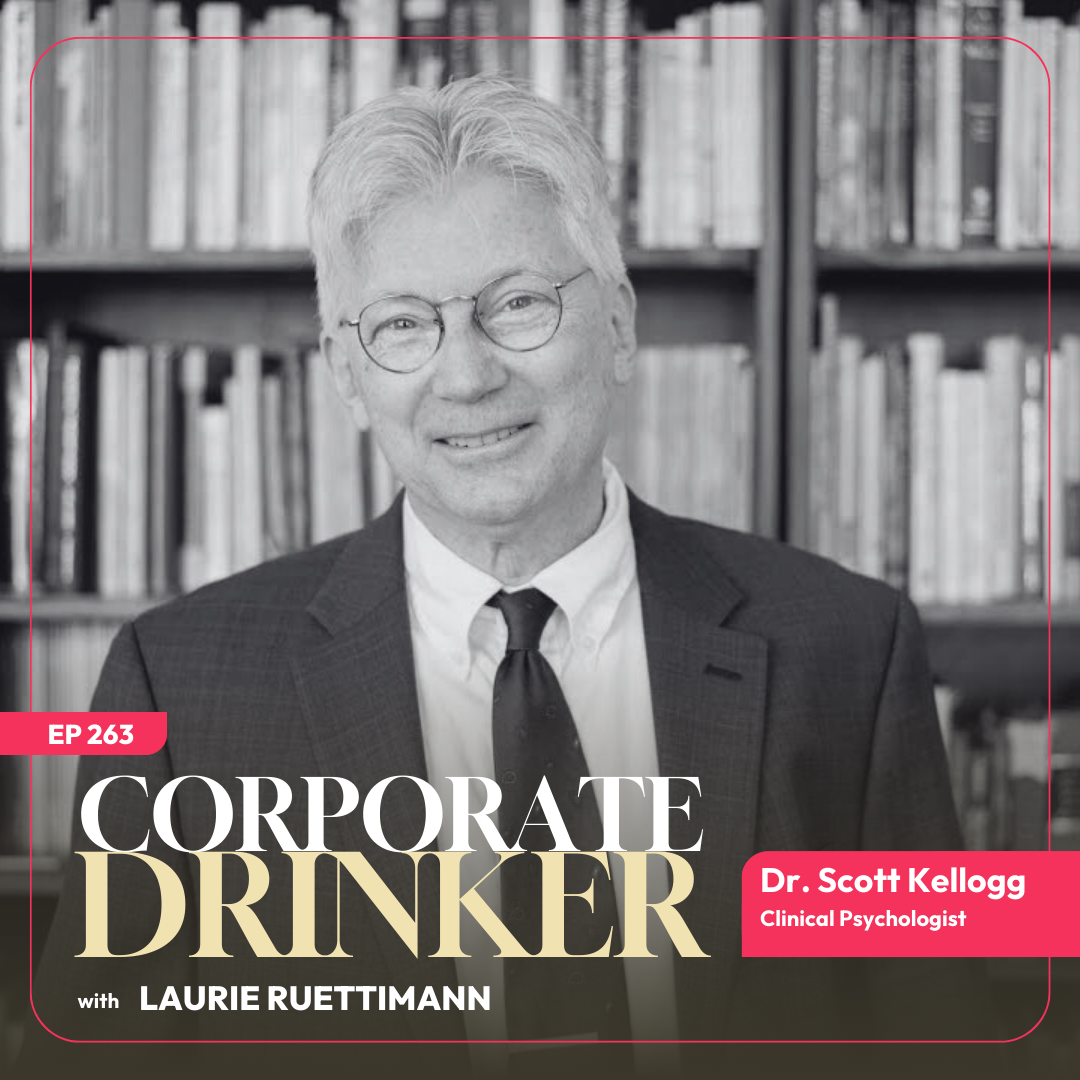
Addiction is a complex and often misunderstood issue that affects individuals from all walks of life. It’s not just about the substance or behavior that someone is addicted to; it’s also about their identity and how they navigate through the recovery process. In this article, we’ll dive into the intricacies of addiction, the role of identity in recovery, and various therapeutic approaches that can help.
The Complex World of Addiction
Addiction is a chronic disease that alters the brain’s structure and function. This change often leads to compulsive substance use despite harmful consequences. It’s a disorder that affects not only the person grappling with addiction but also their families, friends, and society.
But what does work, culture, and even a global pandemic have to do with addiction? Work and culture create an environment where alcohol or substance use may be normalized or even encouraged. This normalization can lead to excessive consumption, which can ultimately result in addiction.
The Double-Edged Sword of Identity in Addiction Recovery
Identity plays a crucial role in addiction recovery. On one hand, crafting a new identity can be a vital step towards recovery. On the other hand, a broader identity can help armor against relapse. Understanding and acknowledging the power of having multiple identities can be instrumental in navigating challenging situations, such as corporate drinking environments.
However, changing one’s identity is not an easy task. It requires time, effort, and support. Yet, it’s a crucial part of the journey towards recovery and can significantly influence the outcomes.
Therapy Approaches for Addiction
Various therapy approaches can help individuals grappling with addiction. Building relationships, monitoring use, and designing a recovery plan with a high success rate are vital steps in tackling addiction. Understanding the role of harm reduction dogma and the power of setting boundaries in addiction recovery is also important.
An essential part of therapy is acknowledging and understanding the patient’s addiction. This understanding can provide valuable information about the patient’s addiction, making the path to recovery more straightforward and manageable.
Managing Substance Use
Successfully managing substance use involves understanding the different steps in the recovery journey, such as harm reduction, moderation, and cessation. It’s necessary to create an ideal use plan that allows parts of a person who wants to use drugs into the conversation while exploring horizontal and vertical components.
Finally, acknowledging the immense amount of work necessary to live a life with integrity when suffering from addiction is crucial. It’s not an easy journey, but with the proper support, it’s a journey that can lead to recovery and a healthier, happier life.
Addiction is a complex issue that intertwines with various aspects of an individual’s life, including their identity. Understanding this connection can provide fresh perspectives on addressing and helping those grappling with addiction. While the journey may be challenging, recovery is possible with the right approach and support.
If you want to learn more about Corporate Drinker, check out https://laurieruettimann.com/corporate-drinker-263.